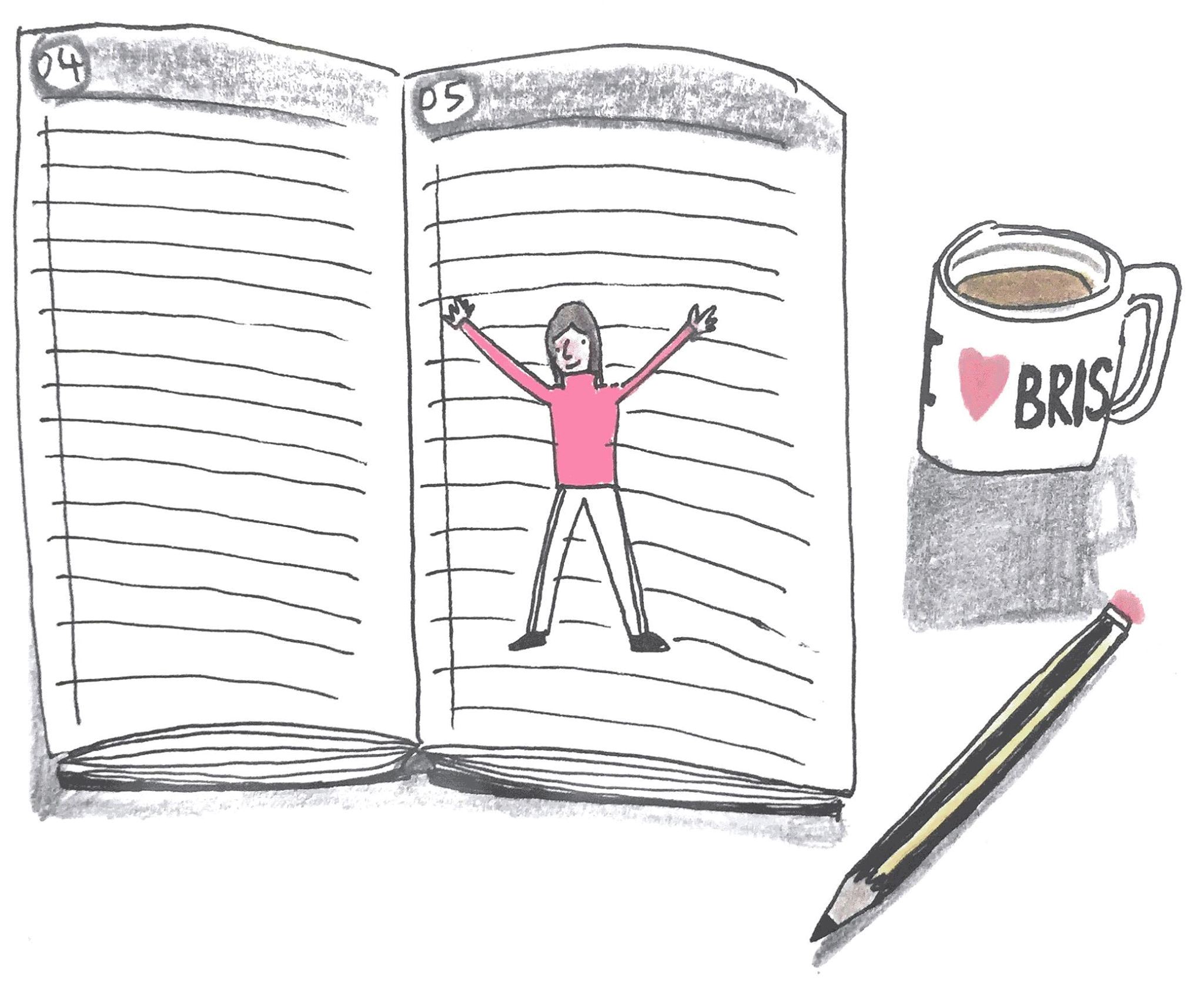By Anna Hart, Wellbeing Sub-Editor
Wellbeing Sub-Editor Anna Hart discusses the ways in which she overcame her own trauma and the steps you can take towards healing your own.
Last year I wrote an article about my burn injuries caused by boiling water in order to spread awareness of the dangers of hot water bottles and the serious injuries they can cause. Now, a year on, I’m addressing the complicated topic of dealing with trauma. This is an extremely important, albeit difficult, topic and one that I have a lot of thoughts about given my first-hand experience of a traumatic event and the recovery stages. I want to tell you that you can overcome anything, even that which seems impossible, and give you some practical steps to help the healing process.
What actually is trauma?
To suffer a trauma is to have experienced a deeply distressing event which causes you to fear for your life or for the life of others. Examples include abuse, serious accidents, injuries or illnesses, terrorism or natural disasters. Experiencing a traumatic event is unavoidably life-altering; it completely destroys your sense of stability and safety at the time of the trauma, as you believe that your life, or others’ lives, are threatened.
You won’t heal from this kind of extreme experience overnight, but I want you to know that recovery is definitely possible.
As with any negative or unpleasant experience in life, belief in yourself and your ability to get through it is crucial to your success. This is not always easy; there were many times during my recovery that I doubted that I could survive this. You won’t heal from this kind of extreme experience overnight, but I want you to know that recovery is definitely possible.
What can you do to help yourself recover?
1) Accept it
The first step to healing is acceptance. Accepting what has happened to you - knowing that this is real and this has happened, no matter how badly you wish it hadn’t - is the vital first step to processing through trauma. It might take a while to get to this point and that is normal. You don’t want this reality to be your reality. But it is, I’m sorry, and you now have to do the best you can to heal yourself and move forward. Allow yourself to be angry. Allow yourself to be sad and cry as much as you need to. If you feel too numb to feel much at all, that is a normal response to a traumatic event. Feeling numb can be very disconcerting but it is your mind’s way of coping with the extraordinary amount of stress that your body and mind has been through.

Photo by Epigram / Jasmine Burke
2) Be patient
Being patient with yourself in your recovery process is also key. I know you want to speed up your recovery, to be back to your old self and your old life, but it takes time for your body and mind to heal. Even when your body has healed, your mind might still need time to recover. The extreme stress of trauma often causes serious repercussions including, but not limited to, the following symptoms: memory loss, flashbacks, shock, denial, disbelief, anxiety, low mood, anger, guilt, shame, numbness, dissociation (feeling disconnected), difficulty concentrating, hypervigilance (being extremely on edge), avoidance of places and things connected with the trauma, racing heart, feeling like everything is out of control, fatigue, nightmares and insomnia.
Remember that you are not going crazy. Your responses are normal reactions to abnormal events and understanding this can really help you process through your trauma, which will involve feeling some of these uncomfortable feelings and working through them at a pace that feels right to you.
You will heal. Please be kind yourself. You need it now more than ever.
3) Talk to people
Talk to people. To process through a trauma, you need to talk about it. This is not always what you want to do and it may be extremely difficult at first, but I promise you it will be worth it and it will pay off in the end. Trauma requires professional help to process through properly to avoid suppressing it and to allow you to move on with your life. Also, lean on your support system at this time. Your friends and family will be there for you and, even though they may not be able to fully understand everything you’re feeling, they are there for comfort, for a shoulder to cry on, or simply for a distraction to take you outside yourself and your suffering for a bit.
4) Journal
Journal. Journal. Journal. Writing down how you feel helps to get it out of your head and provides some kind of respite. I recommend this for all kinds of difficulties in life, but especially in the case of trauma. Having it there in black and white in front of you can help you see things clearer, help you realise things you didn’t see before, such as a way you didn’t know you were feeling, or simply help to make sense of what has happened to you.

Illustration by Epigram / Luke Unger
5) Read other people's stories
Reading other people’s stories also helped me immensely. Experiencing trauma can make you feel very isolated, as what you have been through is so far outside the realm of normal experience that you feel like no one around you can relate to it or understand. This is where finding online resources and stories that others have shared about their similar experiences can help. Especially in the case of a specific trauma – such as in my case with burn injuries, which isn’t even something that had ever crossed my mind before – reading others’ stories of recovery can be incredibly reassuring.
Ultimately, remember that you can get through this one step at a time. You will heal. Please be kind yourself. You need it now more than ever.
Featured Image: Epigram / Jasmine Burke
Have you experienced trauma? If you would like to write about if for Epigram Wellbeing and share your own story, comment below or get in touch.









